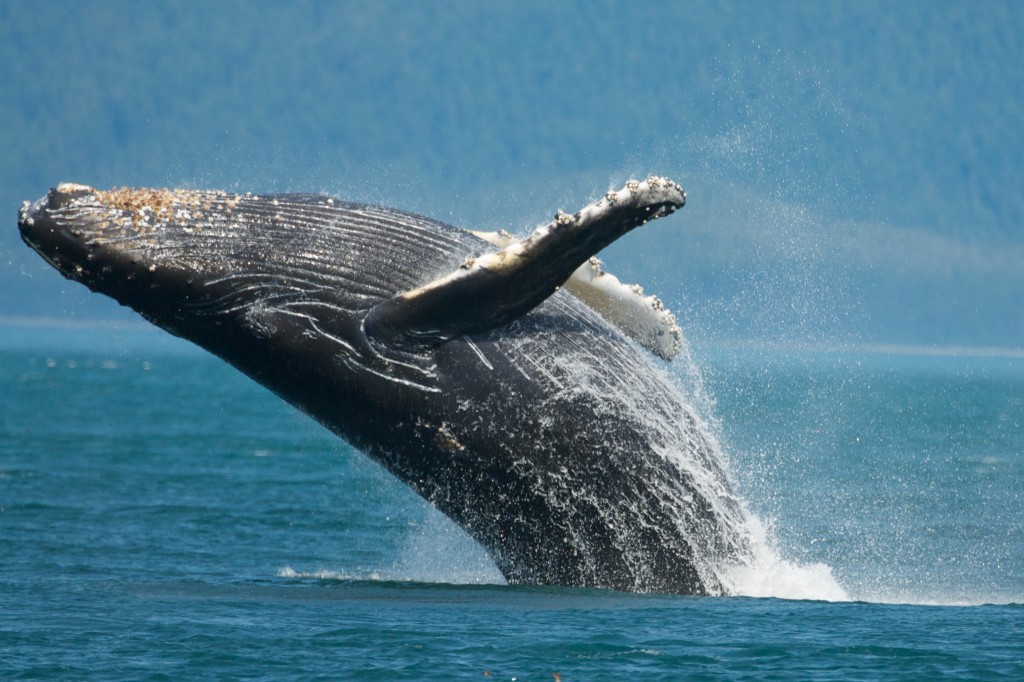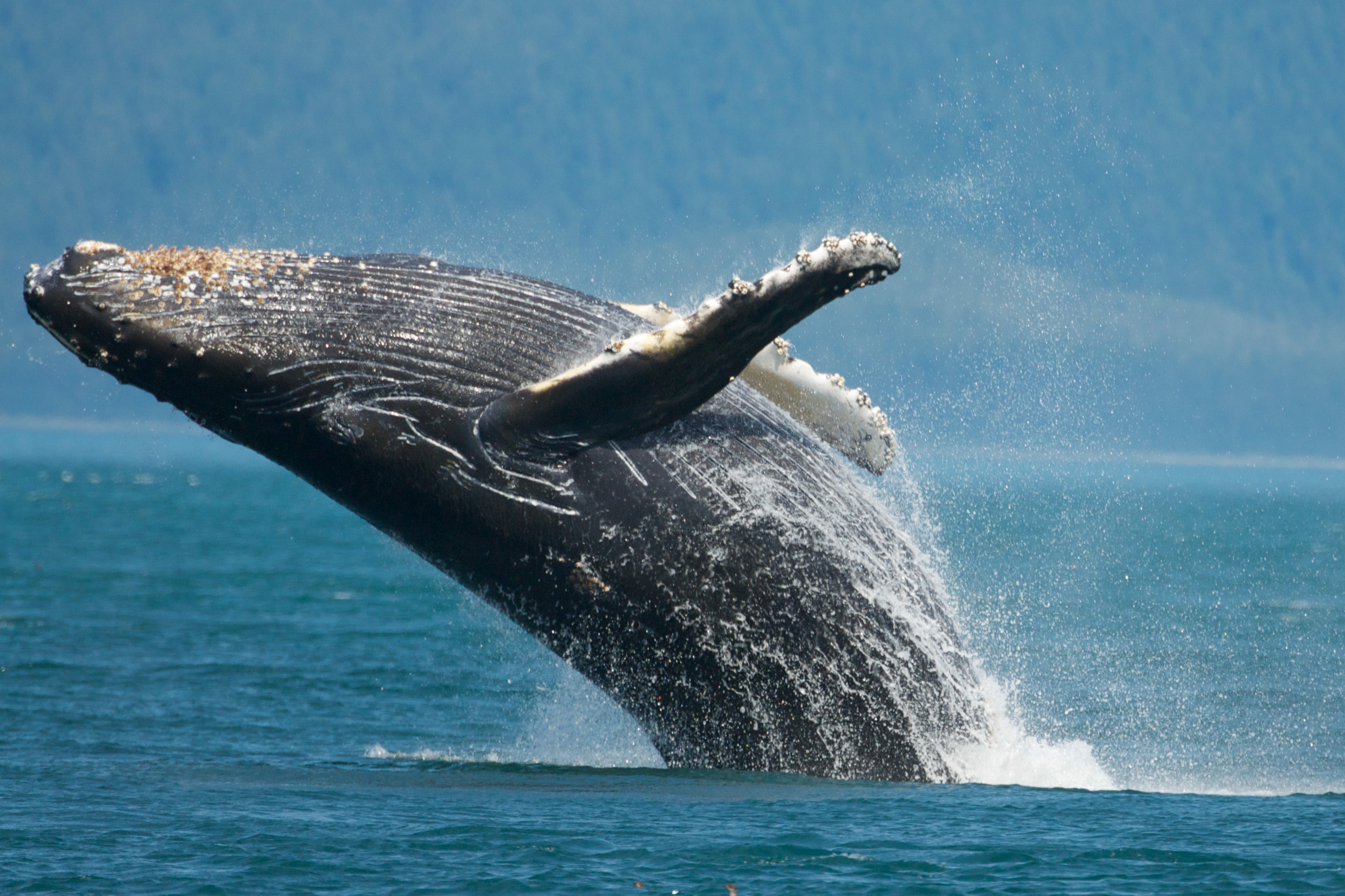I wrote last time about Carl Safina. Here’s a link to one his blogs that is especially meaningful to me as I wrote about the same situation in Voice of a Voyage.
http://carlsafina.org/2014/04/24/whales-win-one-will-japan-abide-by-ban/
He writes of the international law suit brought by Australia against Japan for their illegal whaling in the Southern Ocean. Australia won, but both Safina and I wonder how long before Japan circumnavigates those legal waters, and the Southern Ocean is only one ocean in which they hunt whales.
The photo of the spyhopping Humpback whale was taken by Clinton Bauder and is copyrighted in his name copyright © 2013 Clinton Bauder. Unfortunately all my whale “photos” are videos, and Clinton graciously allowed me to use one of his photos. See http://metridium.com/ for his mesmerizing underwater photography.

In Chapter 4, South Pacific: The Dichotomy of Gift-Giving in a section called “Gift from the Deep: The Magic of Whales,” I wrote:
Anchored off Kapa Island in the Vava’u group of the Kingdom of Tonga, I heard strange wailing sounds while below preparing dinner. I thought it was the lone whale we saw as we sailed down from Neiafu. . . .
This haunting underwater sound vibrated through our hull. It was a male Humpback whale singing his come-hither mating song. It was a gift from the deep, a sound like no other; it penetrated my heart, my breath. I wanted to know this sound, to feel it vibrate on my skin, to sense it in my bones. I know I can never really understand what I call his language—linguistically it isn’t even considered a language—but in my mind this system of communication speaks to both whale and human listeners. I was hooked; I wanted to learn what I could about Big Wing, the name I gave to the singer of this song. From the marine biology course that I was taking, interrogating (in a friendly way, I hoped) every marine biologist and whale researcher we met, and additional reading, I learned much more about this fascinating species.
Some of that I relate here, although I have not included the endnotes and citations from my book:
By the early 1900s, whaling in all the oceans decimated the humpbacks to about 10 percent of their original population worldwide. Today, in spite of the ban on all whale, dolphin, and porpoise products by the Convention on International Trade of Endangered Species (CITES) and the resolutions of the International Whaling Commission (IWC), established in 1946, there are thought to be only somewhere between thirty-five thousand and forty thousand left in a few separate populations—not enough to guarantee survival.
The IWC allows limited whaling by indigenous people where the hunts are aspects of the culture of the people. These hunts usually involve few whales, and the communities make use of all of the whale. These are not threats to Big Wing’s survival, except when they are abused, which happens occasionally.
Japan is a signatory to the IWC, and a flagrant nonobserver of its rules. DNA samples of whale meat sold in Japan prove that Humpback whale meat is sold there. In addition, Japan killed 330 Minke whales one season, claiming it was done for scientific purposes, selling the meat to “fund more dead-whale research,” as Wesley Marx wrote in The Frail Ocean. Russia manages its nonobservation differently: from 1948 to 1973 it reported a catch of 2,710 Humpback whales to the IWC; in reality, it was discovered they had killed 48,477. Norway legally conducts its whale kills as it reserved its position on the IWC moratorium and thus is not bound by it—an indication of just how weak the IWC is. Iceland also continues hunting whales commercially.
The protections are failing.
